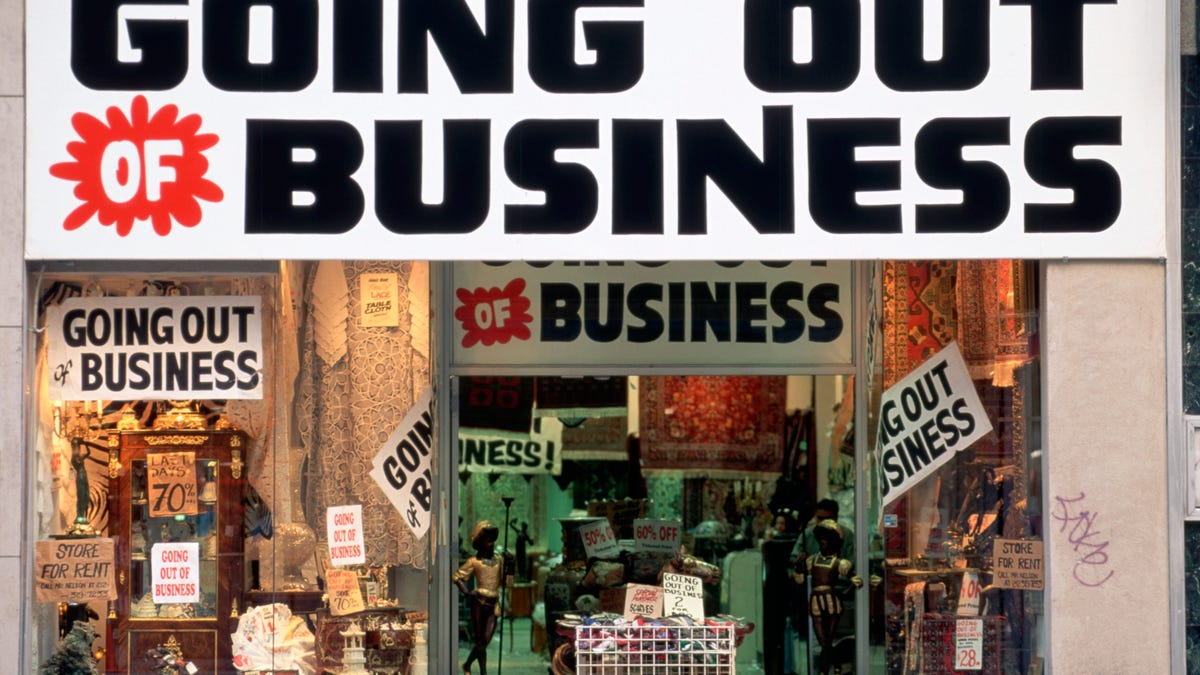Is the on-demand economy dying?
A food delivery startup's recent collapse is just the latest sign that the era of instant gratification by app could be ending.

I'm not going to say that SpoonRocket's food deserved to win any awards, but it got to me fast.
For the last three years, the Berkeley, California-based startup delivered a rotating selection of carb-heavy comfort foods to your door in under 15 minutes. That speed couldn't save it. The company on Tuesday said it's closing up shop. Too much competition and too little cash made it impossible to keep going.
Goodbye, $8 pulled-pork smoked Gouda
Brazilian-based iFood reportedly bought SpoonRocket for its delivery tech. The company didn't respond to a request to confirm the acquisition.
SpoonRocket is only the latest on-demand startup to fall on hard times. Earlier this month, Instacart said that it's slashing the pay of people who deliver store-bought groceries to customers. In February, on-demand parking valet Zirx closed its doors, while food delivery startup DoorDash had to lower its own value to raise more funds.
On-demand companies have defined this decade's tech boom. Ride-sharing companies like Uber and Lyft and delivery apps like Instacart have made patience an overrated virtue. They've also caught the attention of venture capitalists, who have poured more than $9 billion into those three companies alone.
But the recent troubles of several on-demand startups begs the question: Is this the end of the push-button economy?
"It's certainly a wake-up call for on-demand companies," said Matt Wong, a senior analyst at CB Insights, a venture capital research firm.
SpoonRocket was one of several startups -- Sprig, Munchery, Caviar -- targeting the food market, said Wong, who argues that failures should be expected in an intensely competitive market. Even so, investors aren't as willing as they used to be to throw cash at startups, he said.
After starting out last year by aggressively investing, venture capitalists sharply pulled back in the last three months of 2015, according to CB Insights data. The total amount they bet fell by 30 percent, dropping to $27.2 billion.
Less cash floating around means "a lot of those companies will be in trouble that haven't built a pathway to profitability," said Wong.
Some companies are already feeling the crunch.
Zirx was one of three valet parking apps competing for San Francisco drivers desperate to find a spot. But last month it said it was shutting down its parking valet service. Last summer, rival Carbon Valet shut down, leaving just one, Luxe.
And let's not forget Sidecar. Once a rival to giants Uber and Lyft, it dropped its ride-hailing and delivery business in December.
Jeff Grabow isn't calling these events good news. Grabow, who leads Ernst & Young's venture capital center in Silicon Valley, concedes, "We're in the midst of a pullback."
Even so, he's not freaking out about it.
"If you've built your business on the idea that you're able to raise ever-increasing amounts of cash, that's going to be a challenge," said Grabow, who advises entrepreneurs on raising funds.
"But I don't think it [will get] as bad as it's been before."

